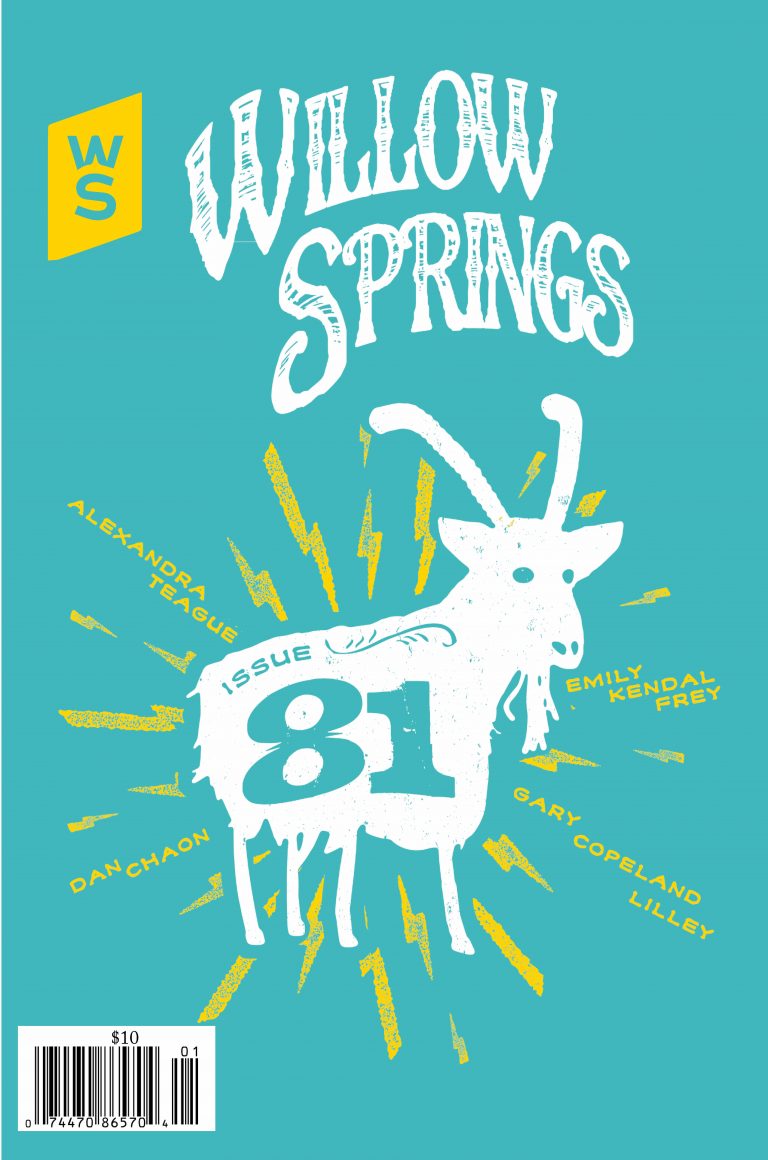
About Robert Long Foreman
Robert Long Foreman grew up in Wheeling, West Virginia and earned a PhD in Creative Writing at the University of Missouri. His fiction and nonfiction have appeared in journals that include Third Coast, Indiana Review, Massachusetts Review, Pleiades, and Mid-American Review. He won a Pushcart Prize for his short story “Cadiz, Missouri,” which appeared in AGNI, and has also won creative nonfiction contests at The Journal and American Literary Review. His essays were listed in the Notable Essays of Best American Essays 2008 and 2010. Robert teaches Creative Writing and Literature at Rhode Island College.
More Robert Long Foreman
Robert Long Foreman at Michigan Quarterly Review
Robert Long Foreman on Twitter
A Profile of the Author
Notes on “The Man with The Nightmare Gun”
When I wrote this story in early 2012, I thought I could see what would make someone want to buy a gun for reasons other than self-defense or murder. I have always known that guns are killing machines, and I’ve always been afraid of them, but I could find them intriguing up to a certain point. For a while, I considered taking shooting lessons, thinking that since guns are a part of this world I might as well learn to use one. In order to write the story, or certain parts of it, I had to have this curiosity.
Very soon after I finished writing, I learned that Trayvon Martin had been shot, and soon after that were the shootings in Newtown, Connecticut. Both events helped to change my perspective on guns dramatically, in a way that no other shootings ever did, somehow. I couldn’t understand—and I still find it baffling in the worst way—how it is that so many people have responded to what happened in Newtown by hoarding guns with a vengeance.
Every time I write something, I go through a period of thinking I shouldn’t have written it, and that was much worse with this story than any other I’ve come up with. I couldn’t write this story now. I couldn’t portray a man’s descent into gun worship, now that gun-worshippers are arming themselves at such an alarming rate, and have it turn out like this story did. I’ve lost all interest in guns, and I no longer understand how someone can want to possess such a dangerous thing.
Notes on Reading
The short story that must have had the greatest influence on this one is Richard Wright’s “The Man Who Was Almost a Man.” Both stories feature a protagonist who is unreasonably bent on acquiring a gun, and whose ownership of the gun has regrettable, similar consequences. It was not an influence I was conscious of at the time of writing; I forgot the details of the story until I taught it recently in a literature course. Even the titles are similar, though, so clearly Wright’s story was exerting its influence on this one as it came together.
I wrote essays and memoirs for years before trying out fiction, so that many of the writers who’ve had the strongest effects on me are essayists and memoirists, like E. B. White, Mary McCarthy, George Orwell, Eula Biss, Nick Flynn, James Baldwin, Anne Fadiman, Virginia Woolf, William Hazlitt, and others. The last great short story I read was E. B. Lyndon’s “Goodbye, Bear,” which appeared recently in One Story and reminded me of one of my favorite books, Lore Segal’s Lucinella.
I love reading, and I rely on it for more than I can say. At the same time, I cannot talk honestly about reading without mentioning how discouraging it can be, how often I’ll start reading a book with hope and enthusiasm, to then find I can’t get past page thirty or forty. I’m getting better at abandoning books at that point and moving on, but it’s very hard, necessary as it is to do so in order to reach the book that demands to be devoured whole.




